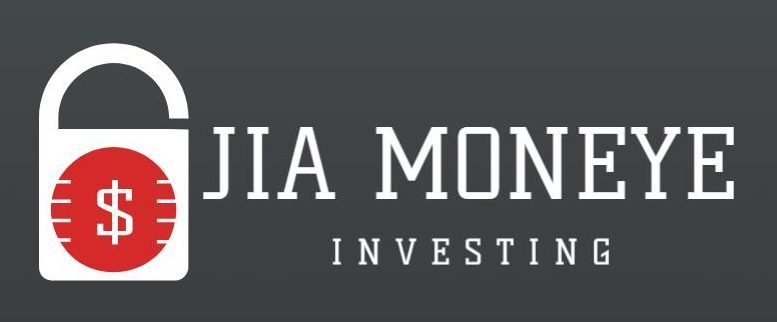Secured Credit Cards: A Path to Debt Recovery”
Understanding the Role of Secured Credit Cards in Debt Recovery
Secured credit cards are a powerful tool that can play a significant role in debt recovery. They are designed to help individuals with poor or no credit history to build or rebuild their credit. This is achieved by providing a safe and controlled environment for credit usage, which, when used responsibly, can lead to improved credit scores and financial stability.
Secured credit cards function similarly to regular credit cards, but with one key difference: they require a security deposit. This deposit, which typically ranges from $200 to $2,500, serves as collateral and sets the credit limit for the card. If the cardholder fails to make payments, the card issuer can use this deposit to cover the outstanding balance. This reduces the risk for the card issuer, making secured credit cards more accessible to those with poor or no credit.
The primary purpose of a secured credit card is to help individuals establish or rebuild their credit. Each time a cardholder makes a payment on time, this positive behavior is reported to the credit bureaus. Over time, a pattern of responsible credit usage and timely payments can significantly improve a person’s credit score. This is particularly beneficial for those recovering from debt, as a higher credit score can lead to better loan terms and lower interest rates in the future.
However, it’s important to note that secured credit cards are not a quick fix for debt recovery. They are a tool that, when used responsibly, can contribute to long-term financial health. This means that cardholders must be diligent about making payments on time and in full, and they should avoid maxing out their credit limit. It’s also crucial to choose a secured credit card that reports to all three major credit bureaus to ensure that all positive behavior is accurately reflected in the cardholder’s credit history.
While secured credit cards can be a stepping stone towards better credit, they are not without their drawbacks. These cards often come with higher interest rates and annual fees than unsecured cards. Additionally, the required security deposit can be a barrier for some individuals. However, for many, the potential benefits outweigh these drawbacks. The opportunity to build or rebuild credit, potentially leading to better financial opportunities in the future, can make secured credit cards a worthwhile investment.
In conclusion, secured credit cards can play a pivotal role in debt recovery. They provide a controlled environment for credit usage, allowing individuals to demonstrate responsible credit behavior and improve their credit scores. While they require a security deposit and often come with higher fees, the potential benefits can make them a valuable tool for those working towards financial stability. As with any financial decision, it’s important to carefully consider the pros and cons and to use the card responsibly to reap the benefits. With careful use, a secured credit card can be a stepping stone on the path to debt recovery and financial health.
